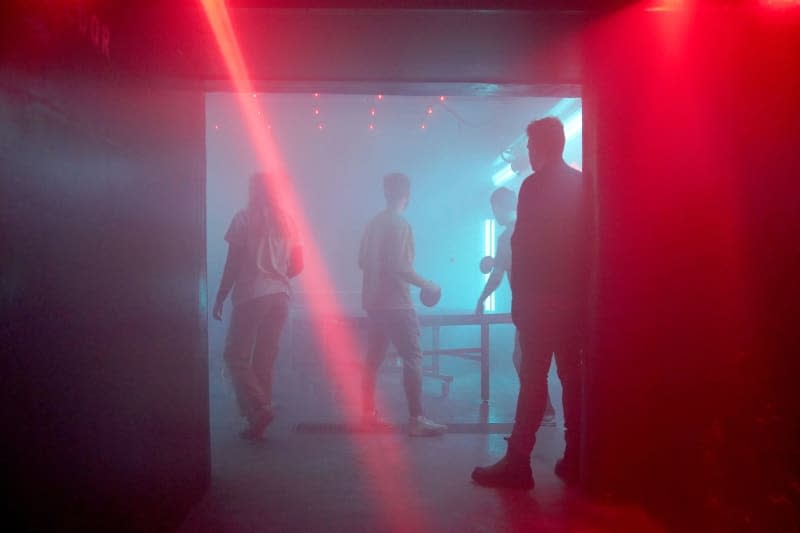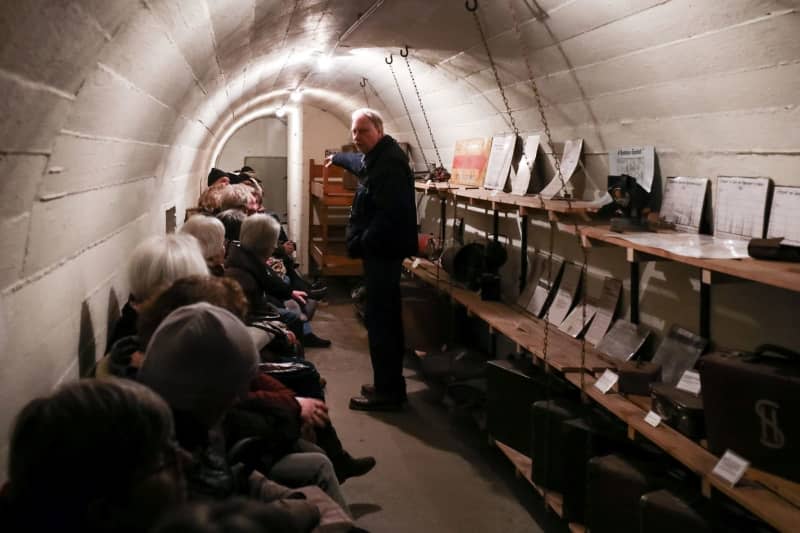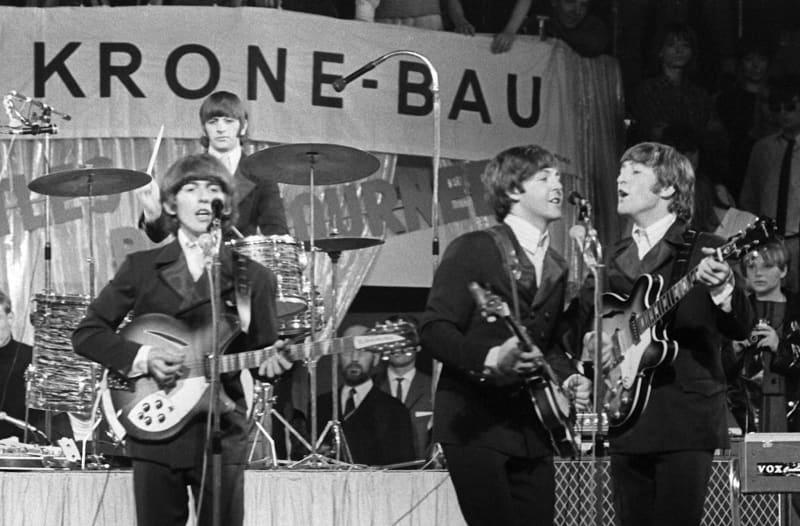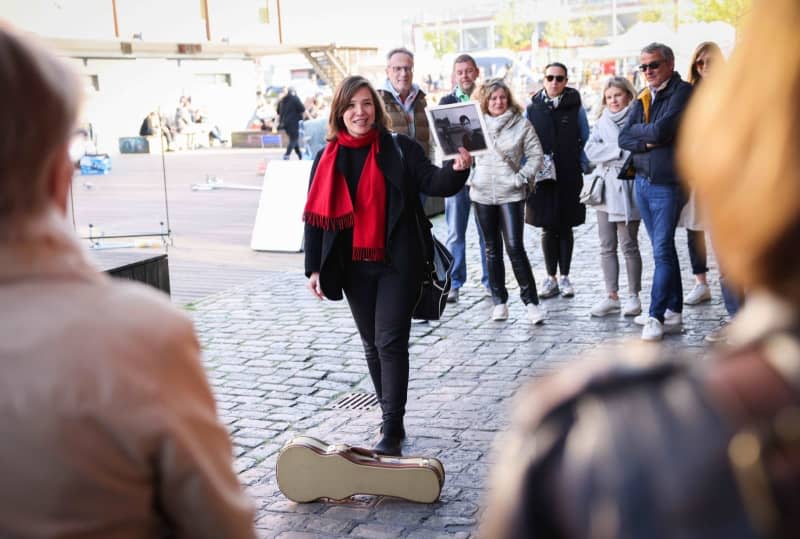Euro 2024: Three things fans in Hamburg need to do between matches
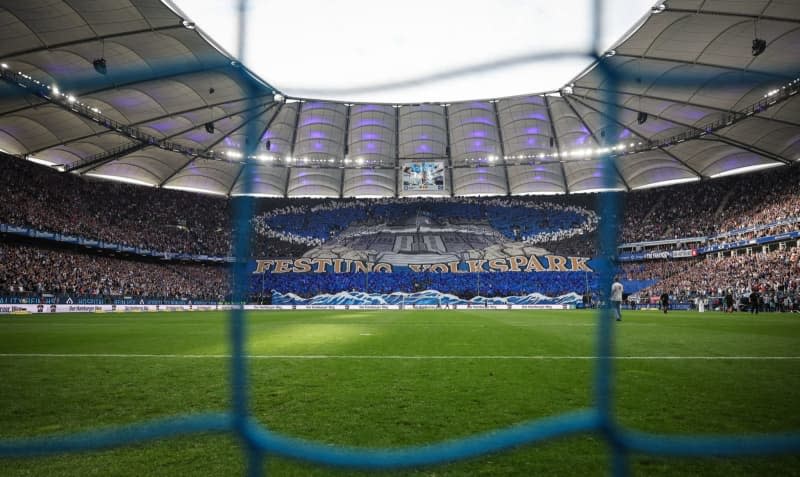
Football fans from the Netherlands, Croatia, Turkey, Poland and other countries are set to descend on Hamburg in June when the first of several matches there begin in the men's European Football Championship.
Hamburg is hosting four group matches and a quarter-final between June 16 and July 5 in the Volksparkstadion with a capacity just shy of 50,000.
That leaves plenty of time to explore Germany's largest port city.
Most tourists in Hamburg will be directed towards places like the landmark Elbphilharmonie concert hall, the world's largest model railway system and the nightlife centre of the Reeperbahn.
For anyone trying to get away from the tourist-beaten track, these are three of the most memorable Hamburg experiences that you're unlikely to see advertised in pamphlets at a tourist bureau.
1: Play table tennis in a nightclub
Like sausage and potatoes, techno and table tennis just go well together - at least in Germany, where the sounds of thumping beats and bouncing balls fill many a bar and nightclub.
Anyone who feels like throbbing DJ sets can up their table tennis game - and you never know until you've tried - can head to one of the quirkiest additions to Hamburg's thriving nightlife.
Between a red-light district and numerous other clubs in a city already known for its multi-faceted nightlife, the port city's Solar Club in the Reeperbahn's Baalsaal stages table tennis nights on Thursdays.
Alongside the regular old table tennis to techno, clubbers here are also invited to take part in crazy rounds where people drop their ping-pong paddles for a cheese grater, mannequin, cooking spoon or whatever else they can find.
It's not the only place in Germany to have combined alcohol, techno and table tennis. Schmitts, Minimal and a number of other bars in Berlin pride themselves on a central table tennis setup rather than the usual table football in the back room.
During round-the-table matches, where as many as 20 people - a beer in one hand and a paddle in the other - take part in one game, it can feel like the entire bar is churning around one table.
"You don't just watch the DJ, you do sports together, laugh at each other and with each other. A lot of people get to know each other here," says Paul Beutin, one of the two who set up the Topspin Techno events in Hamburg's Solar Club.
2: Relive an air raid in one of Germany's wartime bunkers
Countless air raid shelters were constructed in the 1930s to prepare for war. Today, tours of underground bunker museums in Hamburg, like other German cities, where terrified civilians listened to bombs fall above them, serve to remind us of how important peace is.
"Attention, attention! This is the command post of the 1st Anti-Aircraft Division Berlin," crackles a speaker in the cold, dark room underneath a busy Hamburg street. "The reported bomber units are in the Hannover/Braunschweig area."
The ensuing silence is followed first by the trampling of people running into the shelter and then the whistling of dropped bombs, muffled blows and massive explosions every few seconds.
This audio recording is part of the guided tour through the Hamburg Bunker Museum, which lasts just over an hour and is offered in English or German.
"When eye witnesses hear this, they often say: ‘That’s nothing! That's how it went on for three hours without a break,’" says Gunnar Wulf, the 63-year-old head of the World War II bunker, which has been a museum since 1997.
He says it's important that the memory of the terrible war does not fade. "With it we can show what it means to have to experience war."
The museum doesn’t just play audio recordings of the bombs being dropped. There’s also a recording of a contemporary eyewitness. Her detailed descriptions of the dramatic escape with four children from the deadly firestorm in the night of 28 July, 1943 are very moving. The horror of the war is thus brought again and again into the bunker.
3: Take the 'BeatlesTour' of Germany's Liverpool
Did you know that Bob Dylan rolled the Beatles' first joint? Or that the Fab Four, when they were still largely unknown internationally, performed 92 nights in a row at Hamburg's Top Ten music club?
Or the fact they found their drummer, Ringo Starr, in the German port city? These are all part of the stories told by, Stefanie Hempel, one of Germany's leading Beatles experts and the guide of Hamburg's unmissable Beatles walking tour.
At least once a week she shares gives a walking tour through Hamburg's St. Pauli area, where the Liverpool lads first became the pop stars they are still known as today.
Because while the Beatles had their origins in Liverpool, the band's journey to international stardom was firmly anchored in Hamburg, where they played a total of 1,200 hours on stage at 281 concerts
Today, Hamburg has little of that legacy to show today - unless you, like Hempel, know where to look.
Hempel, whose father passed on a love of the Beatles music, celebrated her 20th year of giving tours this year. Her tours with her ukulele take fans to the city's most important sites in the band's history with Hamburg.
There's the Indra Club in Hamburg's red-light district of St Pauli, where the band (then without Ringo Starr) played to an audience of prostitutes, pimps, gangsters and rockers on the evening of August 17, 1960.
"The Beatles wrote a great chapter of pop history in Hamburg," she says. "There is no place in the world where the Beatles spent as much time on stage as here in Hamburg on St. Pauli. Not even in Liverpool."
People taking the walking tour also learn that it was in Hamburg that the Beatles were able to become the band that later became world famous. "It was only here that they learned to play live as a band and become a unit."
Visitors to Hamburg can take the three-hour tour in English or German every Saturday between April and November.
